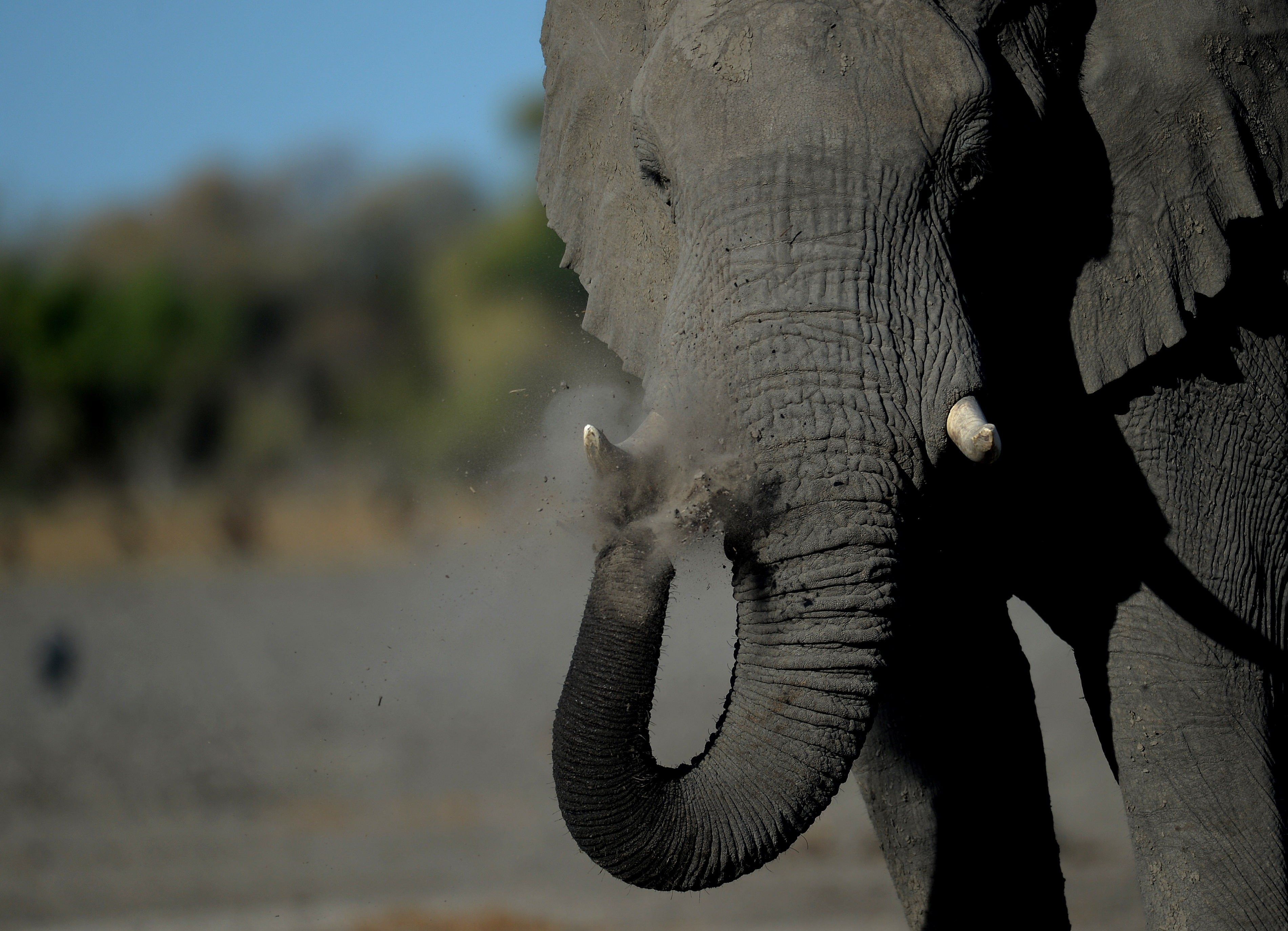Botswana investigates 11 new elephant deaths
The deaths come months after hundreds of elephants were killed after ingesting toxic microorganisms

Botswana is investigating the deaths of 11 elephants at one of its game reserves, months after hundreds of elephants died from ingesting toxic microorganisms.
The latest deaths occurred in the Moremi Game Reserve, a statement from the Ministry of Environment, Natural Resources, Conservation and Tourism said, ruling out suspicions of poaching as the tusks of the elephants were found intact.
The Moremi reserve lies about 100 kilometres east of Seronga, where last year's deaths were reported.
Over a period of several weeks starting in May, 330 elephants were found dead under mysterious circumstances near the fringes of the Okavango Delta, one of the continent's premier tourist destinations for wildlife lovers.
The government was under huge pressure from conservationists to find out what had killed the animals.
In September, it released a report that pointed to toxic microorganisms called cyanobacteria as the cause of death.
Not all cyanobacteria are toxic but scientists say the poisonous ones are occurring more frequently as climate change drives up global temperatures.
"A team has been deployed into the area to undertake aerial surveys and sample the carcasses," the environment ministry said.
Officials said in September they would monitor the situation during the rainy season, as they had not understood why only elephants were affected by the toxins in water.
Join our commenting forum
Join thought-provoking conversations, follow other Independent readers and see their replies
Comments
Bookmark popover
Removed from bookmarks